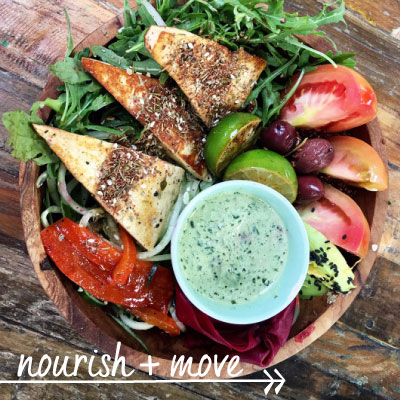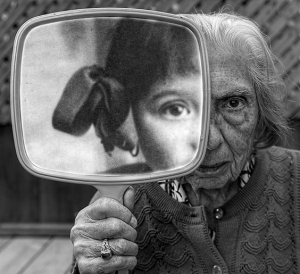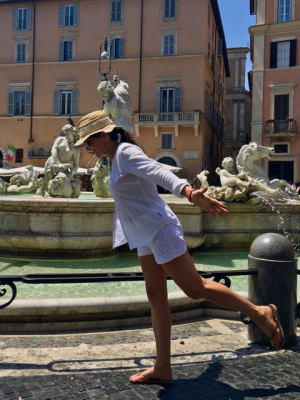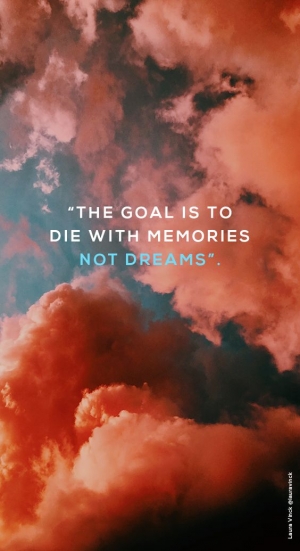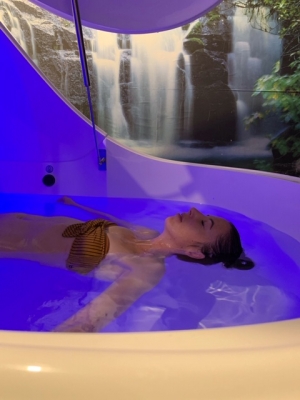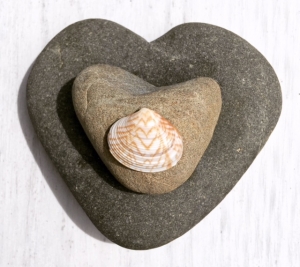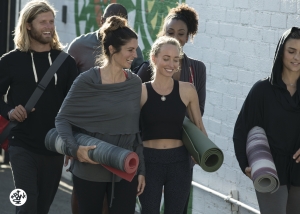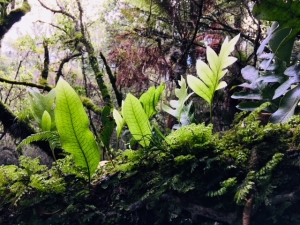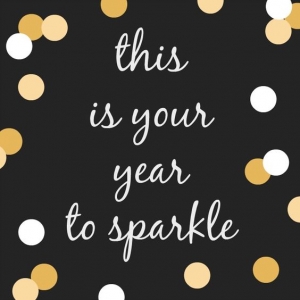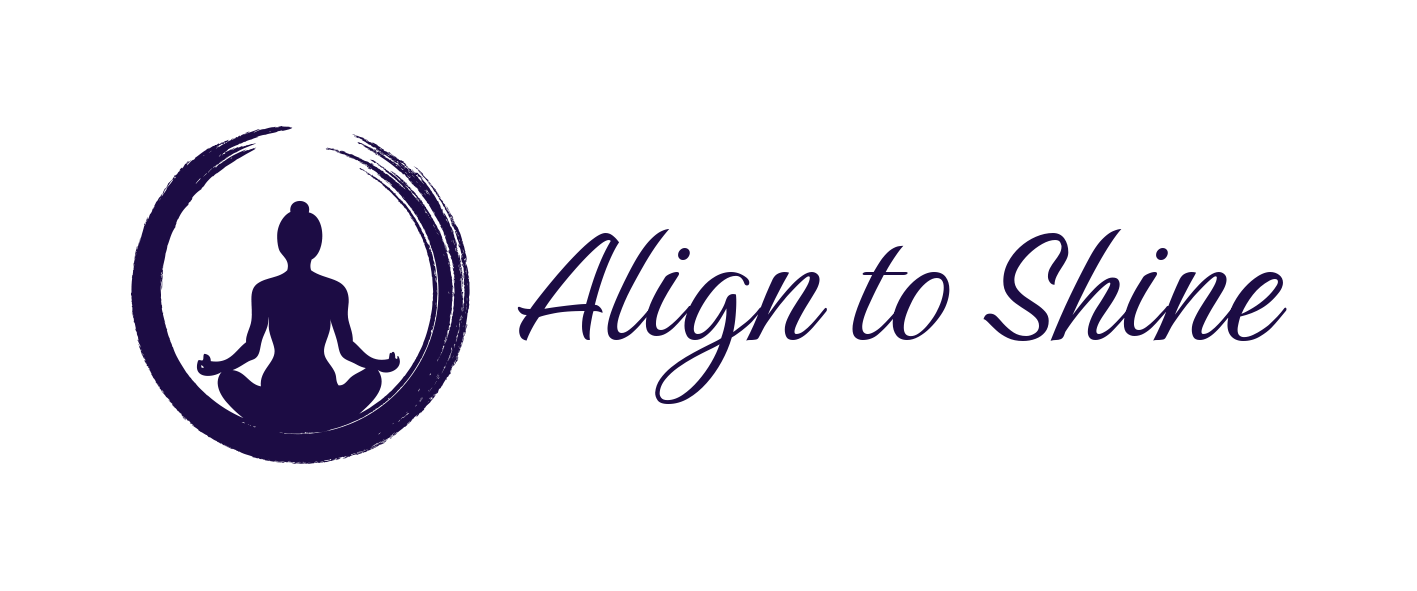
Displaying items by tag: gypset love
The Importance of Socialisation to Your Well-Being
Why Loneliness Is A Public Health Issue
When we think about health, we usually think about diet and exercise. We think about the things we are doing for our physical body to promote wellness. But what about the things we can’t see?
Relationships are a big one. And we now know that loneliness and social isolation are as dangerous for our health as smoking 15 cigarettes a day! That’s an incredible comparison; one that hopefully puts into perspective how vital healthy relationships and human connection are to our wellbeing and longevity.
Today on The Doctor’s Farmacy, I talk with Dr. Vivek Murthy about nurturing greater connection and what it means for our health.
Dr. Murthy served as the 19th Surgeon General of the United States between 2014-2017. As the Vice Admiral of the US Public Health Service Commissioned Corps, he commanded a uniformed service of 6,600 public health officers globally. During his tenure, Dr. Murthy launched the TurnTheTide campaign, catalyzing a movement among health professionals to address the nation’s opioid crisis. He also issued the first Surgeon General’s Report on Alcohol, Drugs, and Health, calling for expanded access to prevention and treatment and for recognizing addiction as a chronic illness, not a character flaw.
In 2017, Dr. Murthy focused his attention on chronic stress and loneliness as prevalent problems that have profound implications for health, productivity, and happiness. His book Together: The Healing Power of Human Connection in a Sometimes Lonely World was just published on April 28th.
Some of us might wonder how we break out of a rut of loneliness—as busy adults this can sometimes feel especially difficult. Dr. Murthy walks us through some really simple ways to get more connected. Service is one way, which actually stimulates the reward center of the brain and promotes feel-good chemicals. That means devoting some time to helping others in one way or another is actually beneficial to our own personal wellness goals.
Another step we can take is committing just ten to fifteen minutes a day to talking to someone we love, which is a powerful way to keep ourselves happy and connected during this time of coronavirus quarantine. Pick up the phone, schedule a video call, or sit down with someone in your family and have a real conversation (without the distraction of screens) about what’s going on with you. Chances are if you open up, they will too, and you’ll both be healthier for it.
Instead of thinking of just the right inputs for health, I invite you to think about what you can give back and how you can reach out to others.
I hope you’ll tune in to this episode of The Doctor’s Farmacy to think more deeply about your relationships and how to prevent loneliness, even if you’re currently alone at home.
Wishing you health and happiness,
Mark Hyman, MD
YogAlign Sessions Available For You, In Your Living Room, No Matter Where You Live
COVID-19 Update: My usual classes have been adapted to work with the current constrictions we have in place. I am doing regular Zoom YogAlign sessions for my clients, click on YogAlign in Homepage Menu, then click on Booking to see times and contact details.
If you would like a private session please message, phone or email me, so we can work out a time and day that suits you best.
While we are doing sessions via Zoom, we need to be creative and use whatever gear you have available, if you have a yoga mat that would be ideal. Other props you can use are a shoebox instead of blocks, a strap, belt or scarf, pillows or bolsters and maybe a hand towel to cover eyes for shavasana (these are not essential items), and some drinking water handy. Once you have confirmed your booking, I shall email you a Zoom link just prior to the class. Just click on link to join me and I shall click my end, to l let you in.
Please don't hesitate to contact me if you have any questions.
In Health & Happiness
Love Leonie x
Sweet Sweet Memories
GIVEAWAY! A Dreamy Pamper Day For Two
GIVEAWAY! ? Dreamy Pamper Day For Two
Do you dare to rest & rejuvenate?
You owe yourself, the love that you so freely give to others.
Here’s a chance to do just that with your bestie …
? A private therapeutic YogAlign session for yourself & your friend @leonie.gypsetlife
? Then slip into @mountskinandbody for an hours indulgent massage & facial skin treatment each
? Pop next-door @satorilounge to delight in a delicious sushi lunch for two
? Then it’s time to find your zen @zenfloatspa to completely melt away any excess tension
? The self love continues, with take-home luxury organic skincare products from @cocorose-nz
To enter, follow all 5 local businesses on IG & FB & tag a friend in the comments. Each tag is an entry. Drawn Friday 11 October 2019!
#selfcare #selflove #metime #nourish #bestfriends #bliss #mtmaunganui#supportlocal @leonie.gypsetlife @cocorose_nz @mountskinandbody @satorilounge @zenfloatspa
Minimalist Meets Bohemian
Minimalist meets Bohemian
Welcome to a little gathering of Women, where I will have some beautifully hand crafted jewellery for sale at my home.
It is an opportunity to get together for great conversation, connection, laughter & sharing our dreams, passions & experiences. Feel free to bring a friend.
Drop by for a drink & refreshments from 5.30pm Friday 8th of March at 19B Golf Road.
If you would like to purchase a special piece of jewellery for either yourself or someone special in your life, I will accept cash or you can pay direct into my bank account.
I would love you to join us for a relaxed evening.
Love, light & laughter Leonie xx
Optimal Hydration in the Heat
Here is Australasia we are amidst a very hot summer season
To keep up your focus & energy levels try increasing your hydration with these two tips
Hydrate from the Inside: To hydrate your skin from the inside, the first thing to realise is that drinking 8 glasses of water a day is not the way!! Instead you must increase your intake of water in gel form— as it exists in foods like berries, cucumbers, oranges, lettuce, and lemons. In fact, adding a lemon or cucumber slice to drinking water with a tiny pinch of Celtic sea salt or Himalayan sea salt will do wonders for the hydrating quality of your water. Adding a tablespoon of chia seeds to water and a pinch of Himalayan salt— and letting the seeds sit for 15 minutes until they swell before drinking will also hydrate your body far better than simply drinking a glass of water. This practice will also eliminate constipation in most cases.
Remember…….alcohol and coffee are dehydrating. So for every alcoholic drink or cup of coffee you drink, just drink the equivalent amount of water or herbal tea— ideally with a little pinch of salt. You will be amazed at the improvements in your health simply by hydrating yourself optimally.
Hydrate from the Outside: You can hydrate your skin optimally throughout the day by spritzing with a Hydrating Mist & Toner. Just spray on your face, neck, and décolleté after cleansing & before your moisturiser. Then press the fluid into your skin with your hands and fingers. Since your hands have healing power and are directly linked to your heart, we recommend that when gently pressing the hydrating mist into your skin, you do so with loving intent. Try making your own beautiful Rose Hydrating Mist.
Love is Everywhere
Plant the seed of positivity into your mind,
nourish it daily with love
and happiness will flower,
as fear begins to die.
Leon Brown
The Practice of Yoga
The One Practice That Taught Me To Shed Labels — And Embrace Freedom
Katina Mountanos - mbg
From the time we are young children, we place labels on ourselves to make sense of the world. We are either skinny or big-boned; cool or unpopular; a musician or an athlete.
And while these labels at times can be helpful to create some form of an identity, they are often extremely limiting. They place us into boxes—or out of them—and continue to follow us well into adulthood.
For a long time, I labeled myself as inflexible. I was a strong runner with an athletic build—not like the tall, lanky women we see gracing the covers of magazines. I completely took myself out of the "yoga" box because I assumed that in order to do it, you needed to have a certain body type.
It also didn’t help that by social media standards, yogis seemed like they could pop into an oddly formed shape anywhere—whether they were on a yoga mat or in an airport. It was intimidating to think that I could barely touch my toes while sitting down, let alone put my foot behind my head on the beach.
But I soon realized that the purpose of yoga was quite the opposite. Because yoga is really a practice of shedding labels, of removing the layers to get to your true self.
I realized that yoga as a practice only really begins on the mat.
As I began going to yoga class regularly, I realized that practice only really begins on the mat.
Asana, or the physical practice that we typically think of when we imagine yoga (beautiful studios and class memberships aside), is really just the first step on our yoga journey. It’s considered preparation for all the deeper aspects of our practice such as pranayama (breath work) or pratyahara (meditation).
Really, though, all of these parts of yoga are meant to prepare us for those tough moments in life—like when we get frustrated with our boss at work or our train is running late.
Because at the end of the day, the majority of us humans don’t have the flexibility—in terms of both our time availability and physical limits—to pop into a yoga pose in the middle of the day when things get rough. We need to be able to access that mindset wherever we are in the world—and it begins by being kind to yourself on the mat, whether you're flexible or not.
I was forced to confront my deeper feelings and emotional roadblocks.
After a couple of years of regular yoga practice, I decided to take the next big step and complete my 200-hour training. I realized that I was seeking to learn more about yoga than a 60-minute class in between work and dinner could give me.
Of course, I thought that at that point I had come to face all of my fears (don’t we all?). I thought that I had resolved my issue with inflexibility. I was growing more flexible by the day, and heck, it didn’t even matter to me anymore—or so I thought.
But oddly enough, before I even entered my teacher training, I spent hours practicing the perfect handstand. I wanted to walk into that room confident that I was a true yogi, that I was capable, that maybe I was even the best.
But yoga has this funny ability to shine a mirror on our deepest issues and make us confront them head-on. And my experience was about continuing to shed those self-induced labels.
During my training, I quickly learned that yoga practice is different for every body—and sometimes even varies by the day. That on some days, you may be strong enough to hold crow pose, and on others, child’s pose is the most you can do.
I had to learn to stop comparing myself to my neighbor and even to myself the day before.
I had to really sit with the labels that kept coming up and negative self-chatter that we all know so well: You’re not good enough, strong enough, flexible enough for this. Maybe you should just quit.
I had to stop defining myself by my outward "successes" and really get in touch with my true self, which if you've tried, is not an easy thing to do.
I released self-limiting beliefs and embraced kinder thoughts.
It is the first experience I’ve had that you can’t just "achieve" and complete. Almost everything in life that I’ve done had an end point. As a runner, you could only complete so many marathons. But with yoga, your teacher training is really just the start of an entirely new world and mindset.
For me, setting an intention to be kind to myself before each practice has helped me continue to shed those labels. Whenever I find myself looking over to my neighbor’s mat or beating myself up for falling out of a pose, I take a breath and come back to my intention. It’s a difficult, continuous practice that we all must work at—but one that overflows into the rest of our lives.
Over time, I’ve also come up with daily rituals that help me reset and continue to dig deeper toward the truest version of myself. While a daily yoga practice is on that list—it’s not the only thing. Taking time to meditate, journal, and even take a 10-minute solo walk (without music blasting into my ears) have all helped me quiet the noise and continue to shed those labels.
Of course, it’s a process. But with each step comes the beauty of finding your most raw, beautiful self—without labels.
Forest Bathing
How Being In The Forest Actually Boosts Immunity, According To Science
Clemens Arvay, MSc
19 February 2018
New research, like the Journal of Adolescent Health study that found that teens who have more access to green space tend to be happier, continues to reinforce the idea that humans are intricately connected to the natural environment. Our entire body is constantly communicating and acting in tandem with our surroundings. But how can something as simple as spending time outside possibly make us healthier? Let's dive into the science.
The real reason being outside is so healing.
The Japanese tradition of Shinrin-yoku, "taking in the forest atmosphere" or "forest bathing," is proof of concept. In this case, the term "bathing" does not mean swimming in some sort of wooded lake. Instead, it's about diving into a forest with all of our senses. In 1982, the National Forest Authorities of Japan suggested advertising Shinrin-yoku to the public and promoting its immune-boosting powers. And today, taking in the forest atmosphere is officially a recognized method of preventing disease and supplementing treatment in the country. The National Institute of Public Health of Japan promotes Shinrin-yoku, universities study it, and hospitals use it as an Rx.
When you breathe in the woods, you are inhaling a cocktail of bioactive substances released by plants. One of these groups of substances is called terpenes. They're usually emitted from leaves, pine needles, tree trunks, and the thick bark of some trees. We absorb these gaseous terpenes partially through our skin, but especially through the lungs. Terpenes also flow out of bushes, herbs, and shrubs among the understory, along with mushrooms, mosses, and ferns, too. Even thin layers of foliage on the forest floor emit them. So, safe to say, if you're outside and can see any sort of tree material, you're getting a dose of terpenes.
While forest medicine is under no circumstances a replacement for conventional medical check-ups, scientific studies have discovered the forest air is like an old friend to our bodies. Some of these terpenes have been found to have anti-inflammatory, anti-tumorigenic, and neuroprotective activities, making forest air like a healing elixir we inhale. Even though terpenes come from trees, mushrooms, and herbs that are communicating with one another, our immune system can also decode them. Like other plants, we respond to terpenes by strengthening our body's defenses. Doctors of forest medicine know that anti-cancer terpenes have a direct impact on the immune system as well as an indirect impact on the endocrine system. For example, they help us deal with stress by lowering our cortisol levels.
Forest bathing has also been found to enhance something called natural killer cells, another defense against diseases like cancer. Those who spend merely one day in the forest will have more natural killer cells in their blood for seven days thereafter. Those who are in the woods for two or three days have elevated levels for another 30 days. It's incredible to think that we get these long-lasting health benefits simply by existing in the woods. We don't have to go on a trail run or rigorous hike (though those things are great too); just breathing and being in communion with trees is enough.
This knowledge totally changed the way I look at nature. Now, when I walk through the woods, I feel like I’m diving into an enormous living organism. I'm becoming a part of it, and we're breathing and communicating together.
Practical ways to make your next trip into the forest even more fulfilling:
1. The content of the anti-cancer terpenes in the forest air changes over the seasons. The highest concentration is in summer, and the lowest is in winter. They increase rapidly in April and May and reach their peak in June and August. Try to go out during these months if you can!
2. You can find the highest concentration of terpenes in the middle of the forest since tree population is the densest there. This dense canopy prevents gaseous terpenes from escaping too. Try to go farther into the woods instead of lingering on the edges when you can.
3. When the air is moist—after rain or during fog, for example—a particularly large amount of healthy terpenes will be swirling around the atmosphere. So if you've ever felt especially great during a walk in the woods after a rain shower, you're not alone!
Contact Leonie Main
m: +64 (0) 274 96 96 33
19B Golf Road, Mount Maunganui 3116, New Zealand
Facebook: Gypset Life
